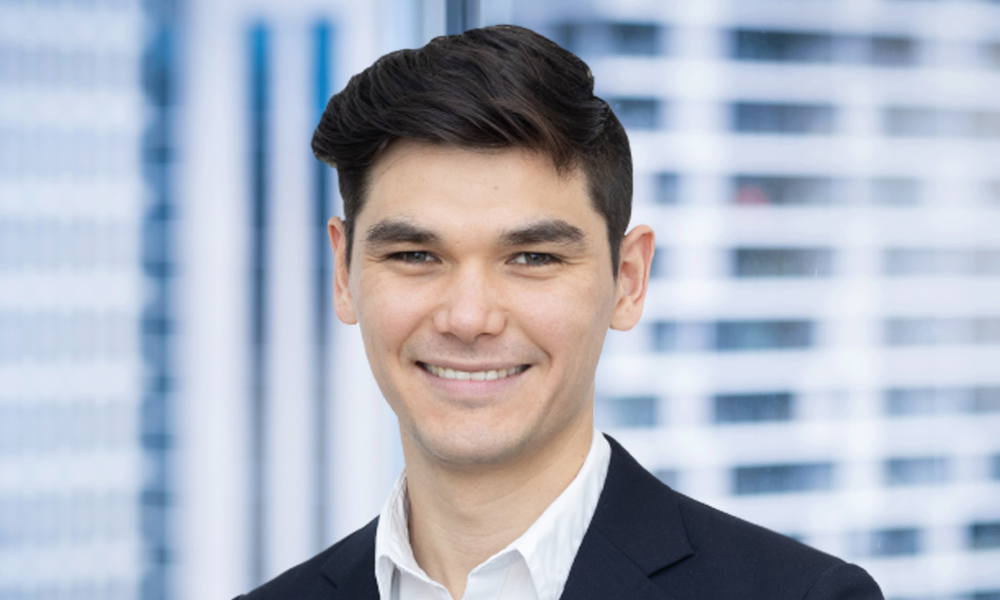
He also namedrops who he's looking forward to working with this year

Ramses Hunt has long valued the community engagement aspect of law, and pro bono is a major priority for the Wotton Kearney.
In the second half of this December interview, Hunt highlights the “growing recognition” of pro bono as a measurable aspect of legal practice and gives his thoughts on ChatGPT hallucinations.
It's an exciting time at Wotton Kearney, with our firm having just launched a new brand identity. This refresh captures our evolution into Asia Pacific's leading insurance and risk legal business. The firm is expanding into emerging risk areas like cyber and workplace law, while investing heavily in innovation and AI.
What excites me is the firm’s growing commitment to community impact. Our WK pro bono programme has seen an 83% increase overall in contributions this year, which is something I am eager to contribute towards growing further.
Our work with Wellington Community Law's Refugee and Immigration Legal Advice Service and the Life Squared Trust in New Zealand exemplifies the kind of community engagement that drew me to law in the first place.
I believe the profession should focus more on increasing lawyers’ activity within the community. The Australian government's consideration of 35 pro bono hours per lawyer as a benchmark for government work allocation highlights an important shift in how we measure firms' social contribution. This reflects a growing recognition that pro bono service should be a measurable, structured part of legal practice.
The launch of the Framework for Collaborative Pro Bono represents an encouraging development in this space. Looking at the success of similar initiatives in Australia and the UK, this coordinated approach could significantly enhance the profession's pro bono impact.
With the rapid integration of AI in legal practice, it's crucial that the profession maintains a balanced and secure approach. Wotton Kearney’s adoption of Cicero, a fully private AI solution, demonstrates how firms can enhance efficiency while maintaining rigorous privacy standards.
Beyond the privacy considerations, which are self-evident, my view is that AI requires careful ethical consideration. We have all heard about the case in America where lawyers relied on cases that were hallucinated by ChatGPT. However, there is nothing from stopping this happening in New Zealand. In Australia, this concern has led the NSW Chief Justice to introduce Practice Note SC Gen 23, providing guidance on the use of generative AI in legal proceedings. AI should be viewed as a tool to augment legal expertise, supporting lawyers in delivering more efficient and effective services.
Getting settled with my new team and taking on the exciting work we have scheduled for 2025. The opportunity to work alongside Rebecca Scott and Murray Grant presents an exciting next step in my career, especially given their expertise and reputation.